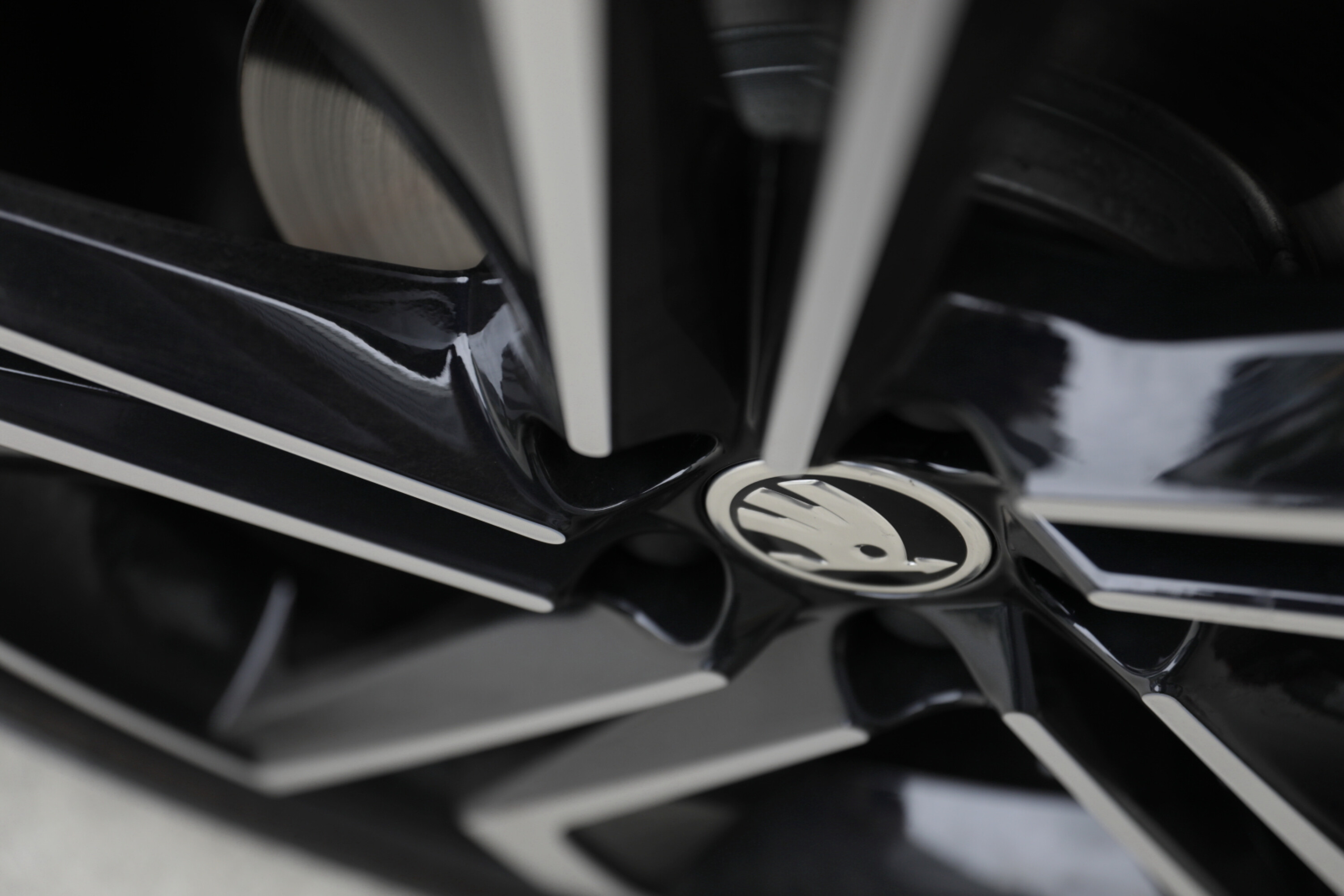
Snapshot
- Skoda is aware it’s moved upmarket in pricing
- This isn’t the end to affordable Czech cars and a cheaper Fabia is on the way
- Continued focus on ICE models will keep prices down
Skoda’s CEO has stated that the brand is now at “eye-level” with Volkswagen on price but admits the business still needs to offer affordable cars with petrol engines for years to come.
The last few years have seen unprecedented challenges for all car brands, and some of the decisions made at Skoda – particularly in Australia – have raised eyebrows. A Fabia that costs twice as much as the last version is just one example of prices creeping up to VW, and even approaching Audi levels.
The Czech brand’s CEO, Klaus Zellmer, said he understands that Skoda’s position is different today from what has been expected of the ‘budget’ player in years gone by.
Skoda is not going to get into a race to cancel all of its non-EV options
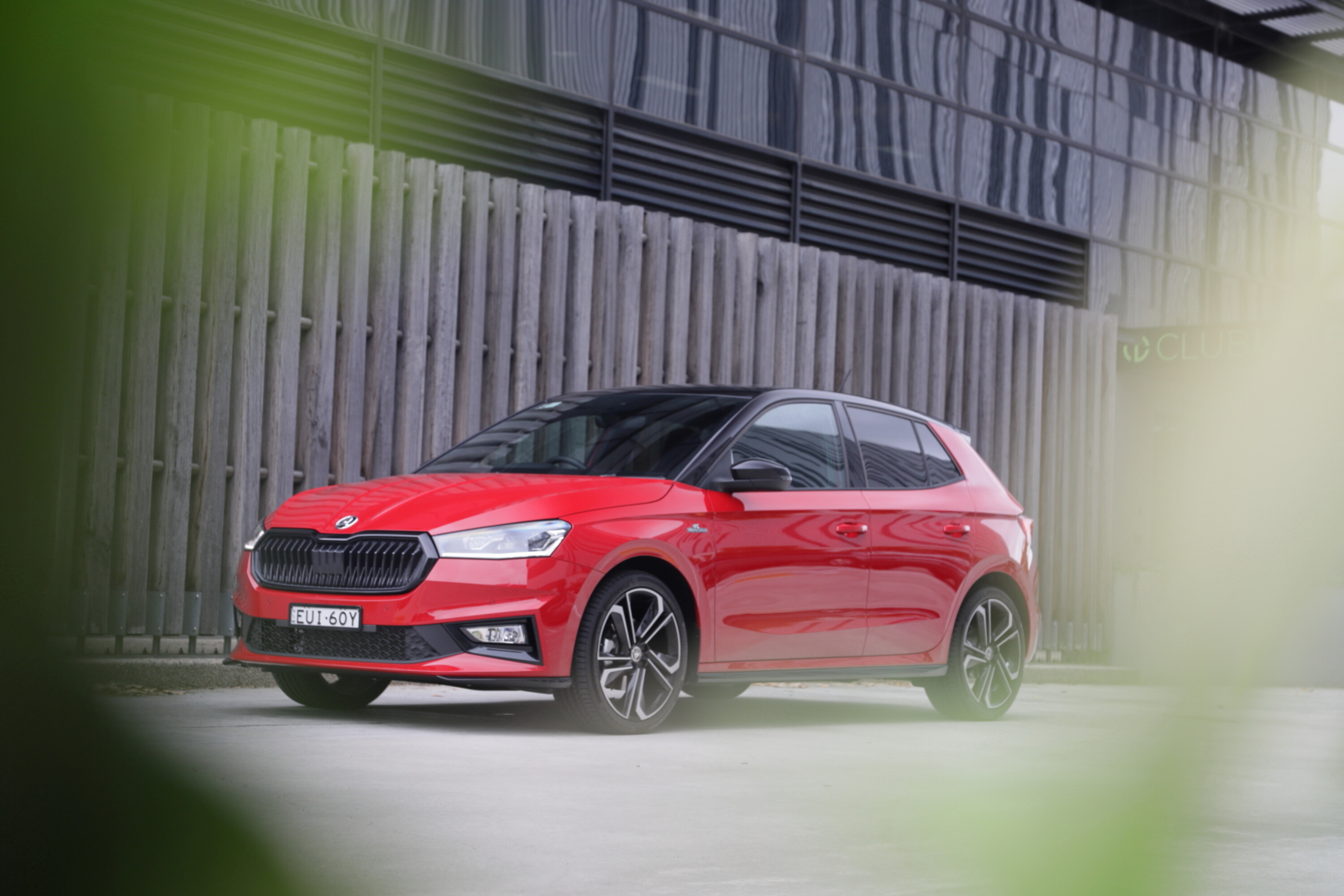
“I think we’re now on eye level,” he said. “We want to spread horizontally to increase our footprint in the market and cover big audiences, and not step on each other’s feet all the time.”
Zellmer’s comment indicates the brands have found themselves interfering in each other’s market spaces in recent times – and there is still evidence of this in Australia, where the entry-level Volkswagen Polo 85TSI ($28,990 before on-road costs) is cheaper than the Skoda Fabia ($38,990 drive-away) which is only offered in a single high-spec Monte Carlo variant.
On paper, the Fabia is even dearer than a base Audi A1 30 TFSI ($34,250 before on-road costs, or about $39K drive away). Though, to be fair to Skoda’s offering, it packs power and equipment more in line with the circa-$42K drive-away A1 35 TFSI.
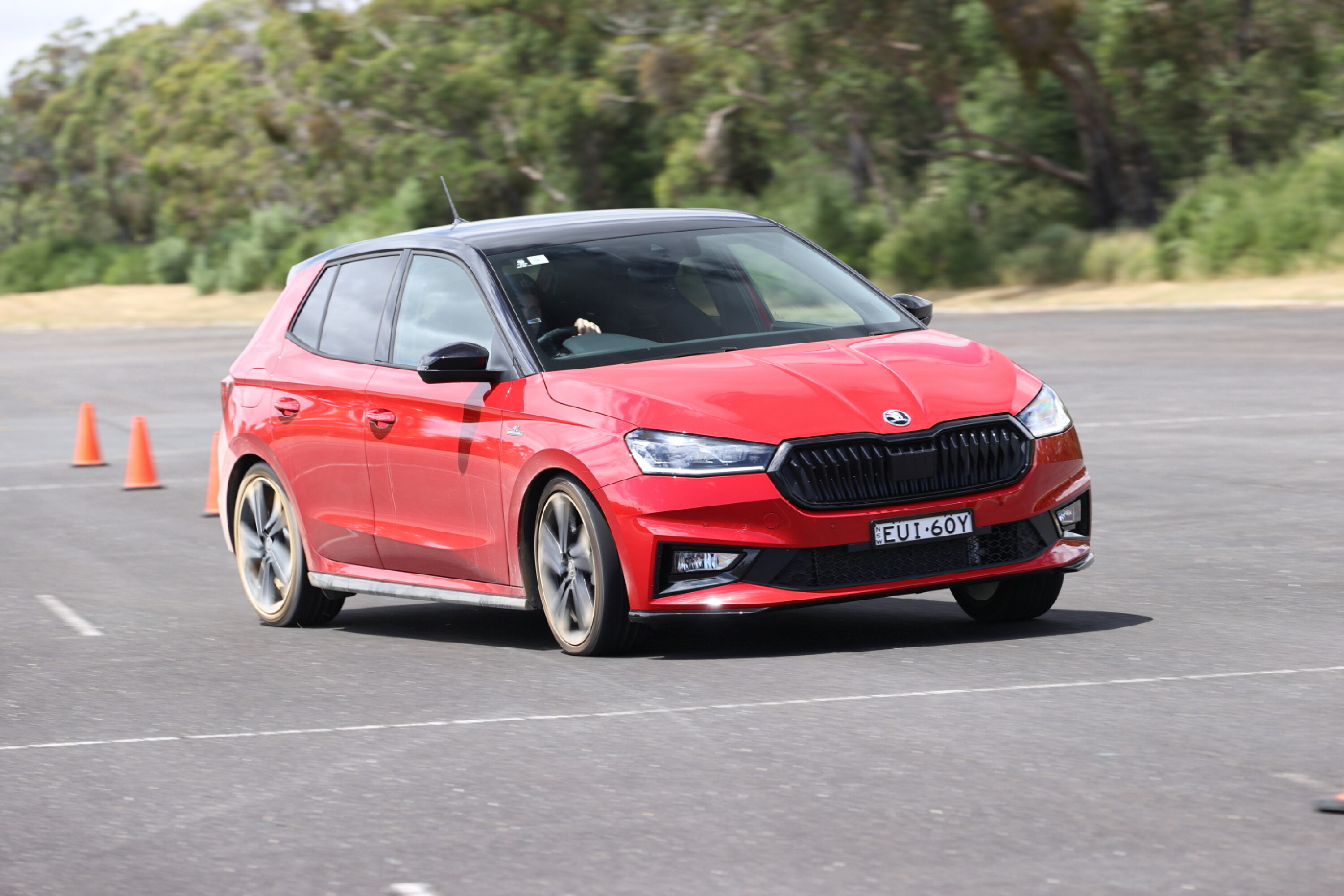
Regardless of the nitty gritty, Mr Zellmer confirmed that Skoda Australia needs to adjust its positioning.
“I know that Fabia has a different price in Australia. We covered that, we need to bring in more derivatives, not just the Monte Carlo. I’m very aware of that,” he said, confirming a more affordable model would arrive. However, as Skoda Australia boss Michael Irmer has stated previously, it won’t be a basic car with steel wheels as expectations have changed about what is expected of the Skoda brand in the 2020s.
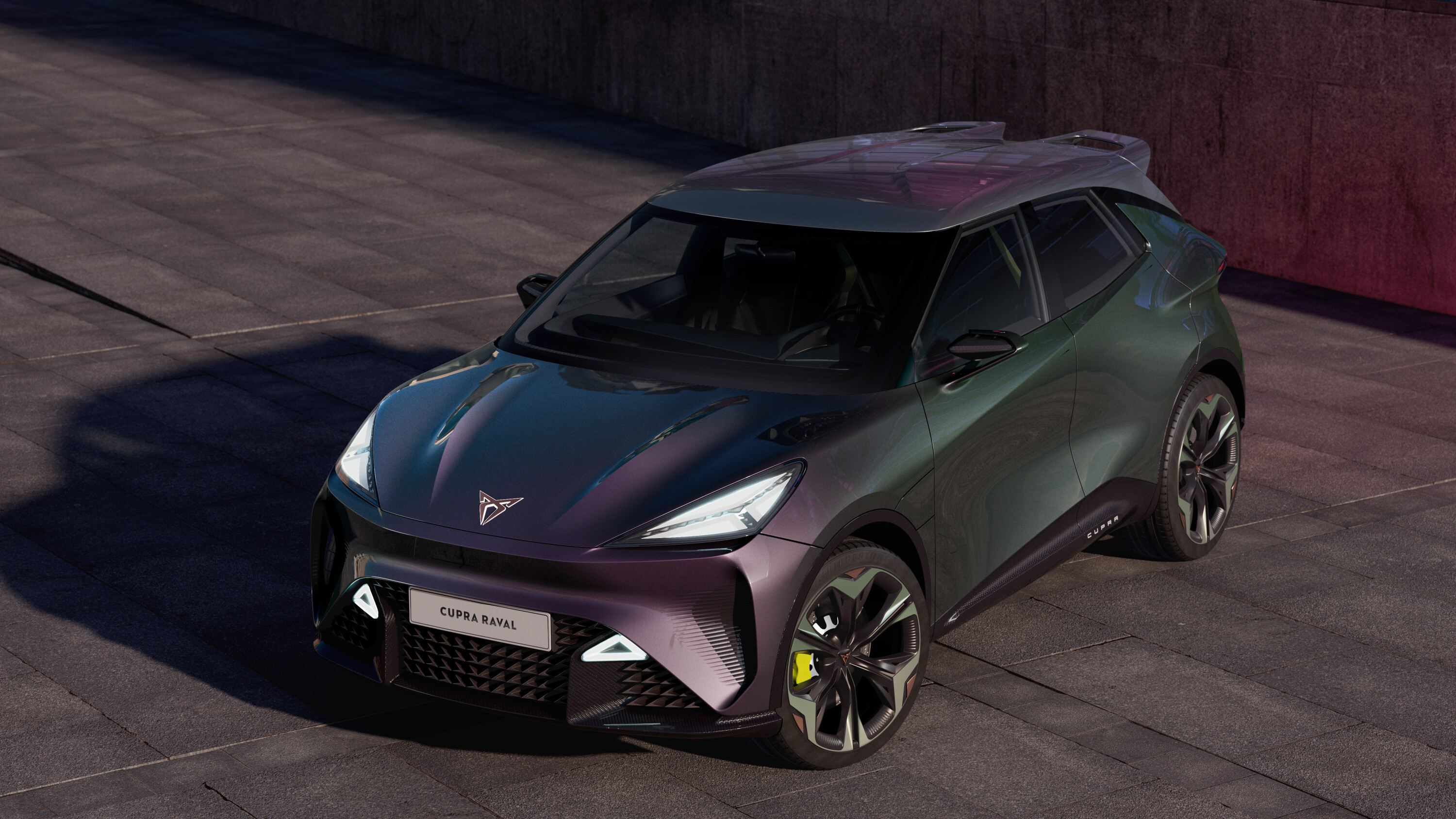
Global chief Zellmer said that petrol powertrains, and internal combustion engines as a whole, will help Skoda maintain its position as a more affordable option in years to come. He added that Skoda is not going to get into a race to cancel non-EV options like some other brands in the VW Group.
“There used to be a competition when you were asking that question to car manufacturers, they would say 2028 or 2027,” he said of the previous plans to kill off all the ICE models in some brand portfolios.
“No, I don’t care. It’s the consumers that will decide, and of course legislation,” he said.
“Europe has said 2035. Okay. We can plan with that. But before that, consumers will decide based on package, charging infrastructure, their psychology, range anxiety – you know, all the preferences that happen. Our responsibility as a car manufacturer is to cater for those preferences”, he said.
Following the existing Enyaq and forthcoming ‘Elroq’ SUVs, Skoda will launch an ‘affordable’ small EV on the VW Group’s MEB Small platform. It will be one of four compact models built on these underpinnings alongside the VW ID. 2, a higher-riding version of that Volkswagen likely known as ID. 2 X and the Cupra Raval.
We recommend
-
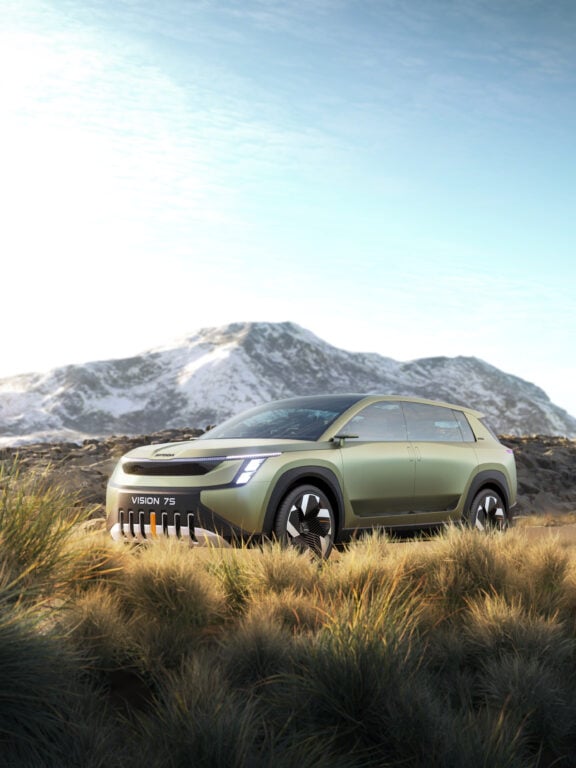 News
NewsSkoda to launch three electric SUVs by 2026
Skoda will bring three new electric SUVs in the next three-years, earlier than initially planned.
-
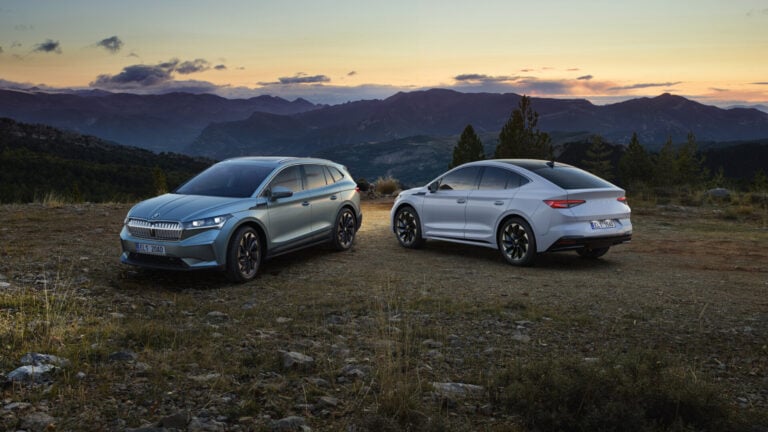 News
NewsVIDEO: 2024 Skoda Enyaq RS electric SUV confirmed for July release
Following delays owing to its success in Europe, Skoda has confirmed the Enyaq will go on sale locally in July in facelift form
-
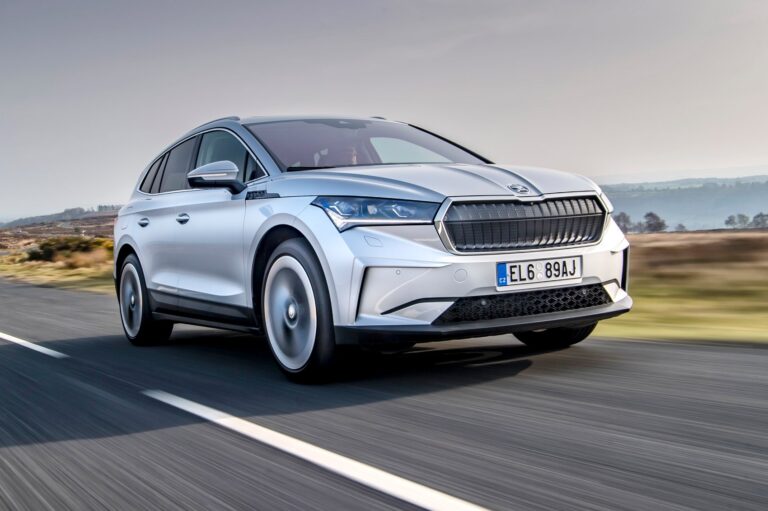 Reviews
ReviewsFirst drive: 2021 Skoda Enyaq iV
Is the Skoda Enyaq iV a good enough electric SUV to tempt buyers away from waiting for the Hyundai Ioniq 5 and Kia EV6?



